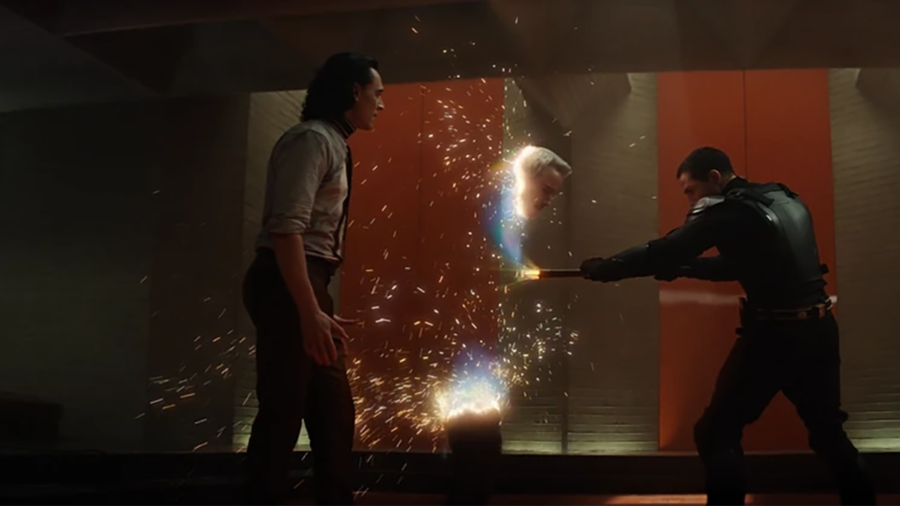
We’ve been pretty hard on Disney+ around here for a very specific reason: their lackluster MCU television content. When the streaming service was first announced, the prospect of having more movie-quality Marvel content on the small screen was arguably the biggest draw, even more so than the promise of small-screen Star Wars. The House of Mouse has sadly squandered most of the MCU’s television potential, but they could turn this ship around by doing something radical: namely, re-embracing Netflix’s Marvel model of creating shows around smaller characters that don’t connect to the films.
Before the arrival of Disney+, Marvel television content was split across multiple platforms. The more family-friendly Agents of S.H.I.E.L.D. aired on ABC while Marvel got shows explicitly designed for mature viewers, including Daredevil, Jessica Jones, and Luke Cage.
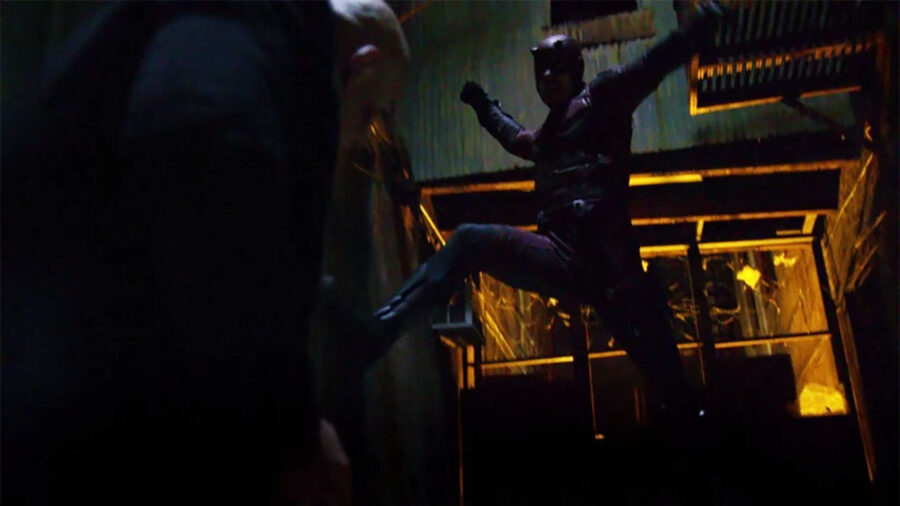
The ABC show has plenty of fans, as do the shows later aired on other streaming platforms (I’m quite partial to Hulu’s Runaways myself), but the series on Netflix instantly became a global phenomenon. They were everything fans thought we couldn’t have with the MCU–gritty, brutal, and brooding–and one of the only downsides was that the shows distanced themselves from the Marvel movies (and vice versa).
Even though I understood the logistical difficulties of scheduling cameos around very different shooting schedules, I was one of the fans who was always disappointed that we couldn’t see characters like Jessica Jones pop up in the Avengers movies. However, now that so much of the Disney+ content that replaced shows like Daredevil has proven disappointing, I’ve completely changed my mind. The simple truth is that not connecting to the movies was one of the greatest strengths of the Marvel Netflix content, and trying to force such a connection is the biggest weakness of the Disney+ shows.
How Making Marvel Into A Connected Universe Ruined Marvel
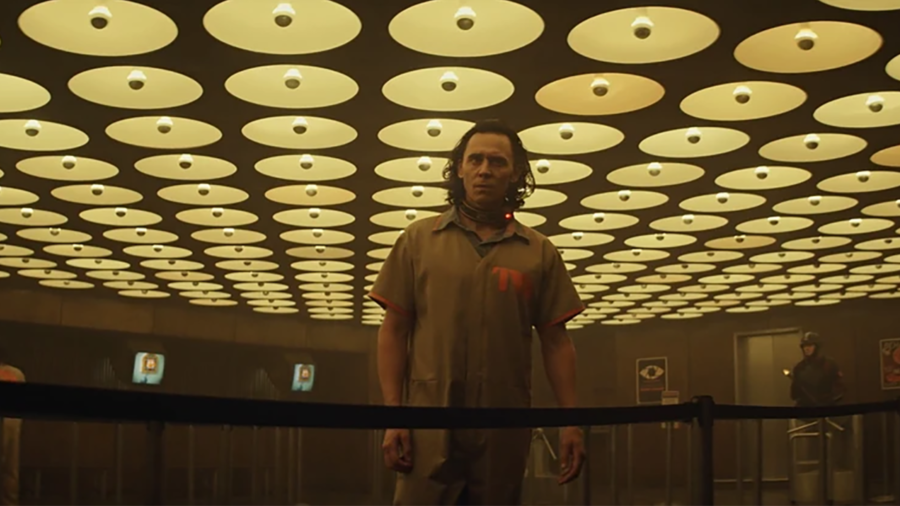
For example, Loki was a very popular Disney+ TV show, and its only major flaw is that it spent two seasons trying to set up Kang the Conqueror as Marvel’s next Big Bad. It’s easy to say now that this was a waste of time because Jonathan Majors’ legal drama led to Kang getting written out of the MCU altogether. But here’s the thing: even if those legal woes had never happened and Majors was “He Who Remained” for future films, spending so much time setting up a future film means that Loki squandered the chance to tell a more self-contained and intimate story for its title character.
It’s the kind of mistake Disney keeps making with these shows. The Falcon and The Winter Soldier told an uneven story that mostly exists to set up Captain America 4, a film that has been plagued by delays and reported reshoots. Secret Invasion mishandled a classic comics storyline, seemingly only to set up why Nick Fury was in space in time for The Marvels. Similarly, the ending of Ms. Marvel was sacrificed to set up The Marvels, a film that became a historic box office failure for Disney.
Singularity Is Marvel’s Strength
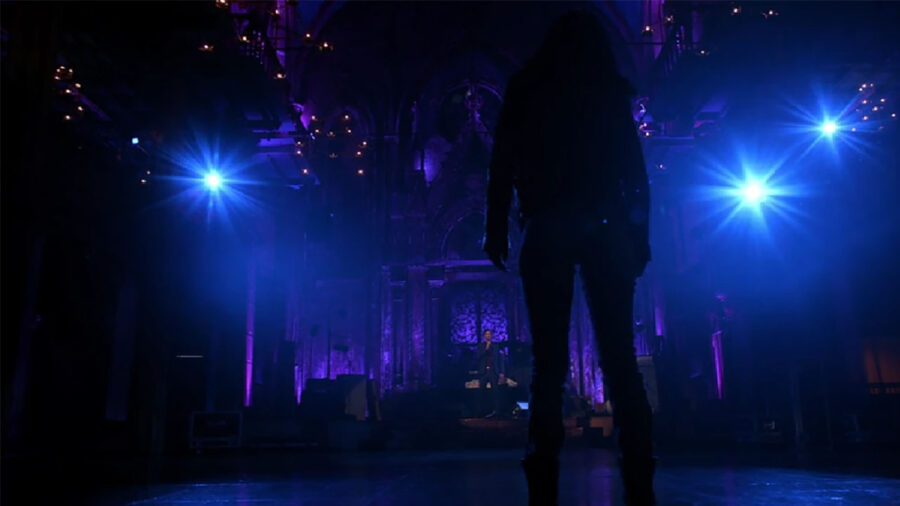
Again, it’s easy to pick on these shows through the lens of hindsight because we now know that the movies they were setting up suffered from production difficulties and box office woes. However, wouldn’t these shows have been better off having almost nothing to do with the movies? They’d be able to tell their own stories and deliver endings that would be satisfying no matter what happened with the release of later movies. Netflix’s Marvel shows were forced to be contained to their own little corner of the world and ended up thriving not in spite of the lack of connection to the films but because of it.
Jessica Jones, for example, could afford to do some fun stunt casting by making David Tennant the villainous Purple Man. In the Disney+ era, it would be harder to sign the Doctor Who star because executives would want him on a 10-year contract for future shows and films. Similarly, I’m confident that it was easier to sign Vincent D’Onofrio on as the villain of a singular TV show and that he might have walked away from with the Draconian contracts of the modern Disney+ era.
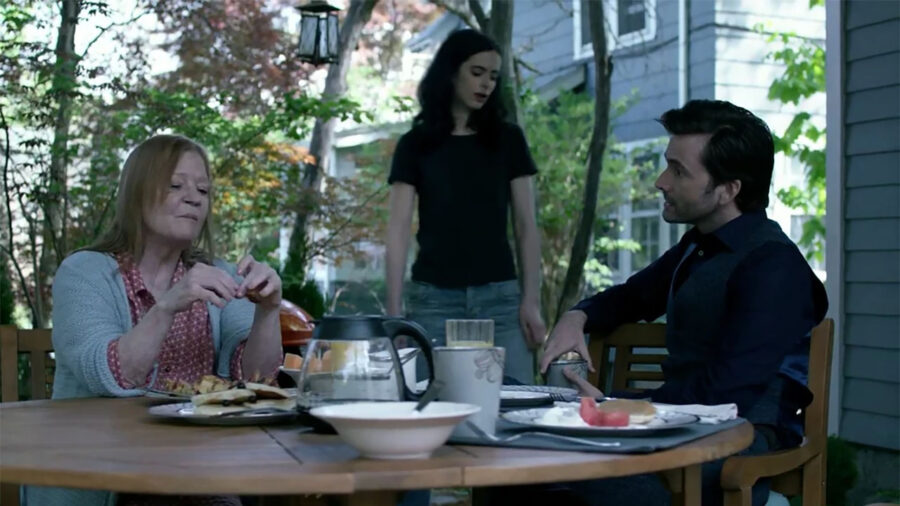 David Tenannt as Kilgrave on Jessica Jones
David Tenannt as Kilgrave on Jessica Jones
The Netflix shows’ distance from the larger MCU helped them tell different kinds of stories about different kinds of heroes. Hard-drinking and unashamedly vulgar Jessica Jones, for example, would likely clash with the bright heroes in a breezy Avengers adventure, but she thrives in the noir-infused world of a show whose sex and violence would never make it to Marvel’s big screen. Similarly, Luke Cage was able to tackle discussions of race and racism in a way that would likely terrify Disney executives, who fear even the hint of controversy regarding their tentpole movies.
We’re Running Out Of Time To Save Marvel And Disney+
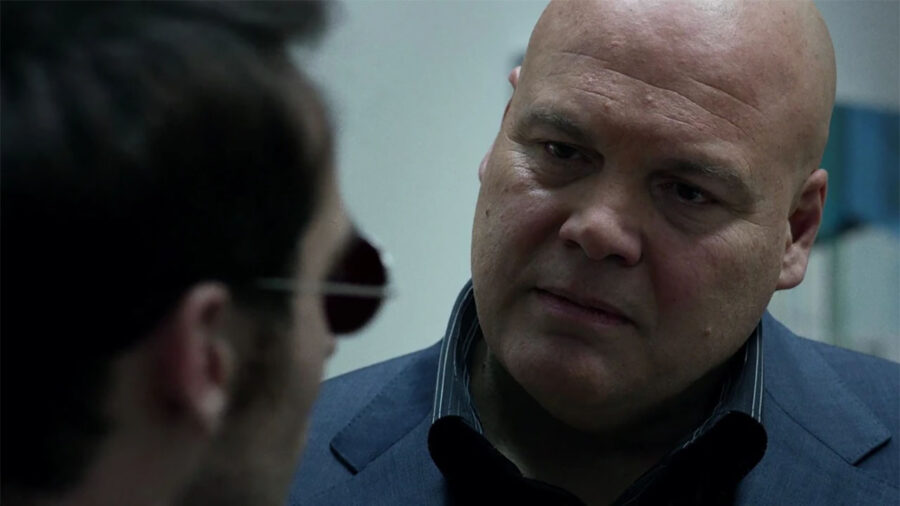
This is about more than nostalgia. More than another aging Marvel fan saying things used to be better.
Pound for pound, the Netflix Marvel era delivered better shows, bigger names, and bolder performances, and they were able to do so largely because there was no real attempt to connect them to the MCU films. If Disney+ wants its own future Marvel shows to shine (including Daredevil: Born Again), it will need to copy the Netflix formula, focusing on telling self-contained stories rather than endlessly setting for future cinematic slop.
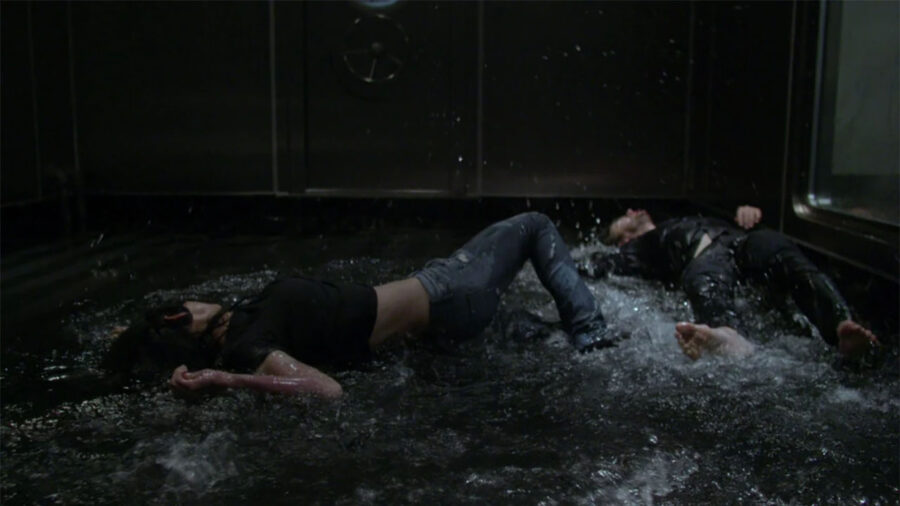
Otherwise, this franchise might be deader than Kang’s future in the MCU, and no amount of stunt casting Robert Downey Jr. as Doctor Doom or rebooting the whole thing will bring it back to life.


